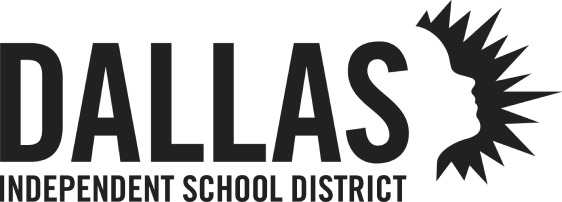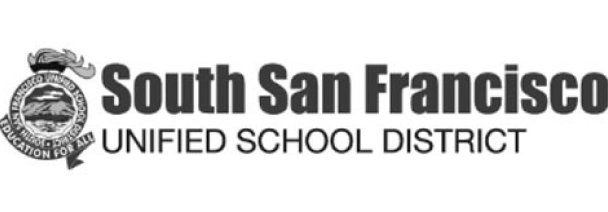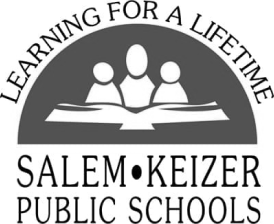Mental health support for students at Memphis Shelby County Schools
Daybreak is partnering with districts across the country to provide personalized mental health support to help students reach their full potential.
Empowering students to be their best selves.
When kids are mentally healthy, they can think clearly, pay better attention, and learn new skills. Our evidence-based teletherapy programs for K-12 students have proven to positively impact academic outcomes like behavioral improvements, better grades, and higher attendance.
.png)


Specific student subpopulations are at a higher risk of mental health challenges. Historically, those include underserved youth who are: experiencing homelessness, BIPOC, LGBTQIA+, low income, or living in rural areas.
With MSCS minority enrollment of ~89% and more than 50% of students who are economically disadvantaged, Daybreak has specialized teletherapy programs built for their unique needs.
Culturally Responsive & Linguistically Competent Care
Daybreak actively and intentionally works to build a diverse clinical team so that we can foster strong therapeutic alliances. We personally match our students to their therapist based on presenting needs, cultural background, language, and personal preferences. This is why 90% of the students we work with say we matched them to the right clinician.
Daybreak’s Clinical Team
Number of Clinicians:
150
Indentify as BIPOC:
74%
Idenfify as LGBTQIA+:
14%
Languages Spoken:
Armenian • ASL • Chinese, Cantonese • English • Farsi • French • Hindi • Japanese • Mandarin • Portuguese • Russian • Spanish • Vietnamese
Trusted by top school districts across the country, representing more than 1 million enrolled students






Evidence-Based Care with Proven Outcomes
Our teletherapy model treats students to a place of concrete improvement—symptomatically, functionally and behaviorally. The programs were developed by child & adolescent clinical experts and modeled on the Cognitive Behavioral Therapy (CBT) Universal Protocol, weaving in elements of Social-Emotional Learning.
Supporting MSCS’s Students
The most effective school-based mental health programs



.svg)


.png)



